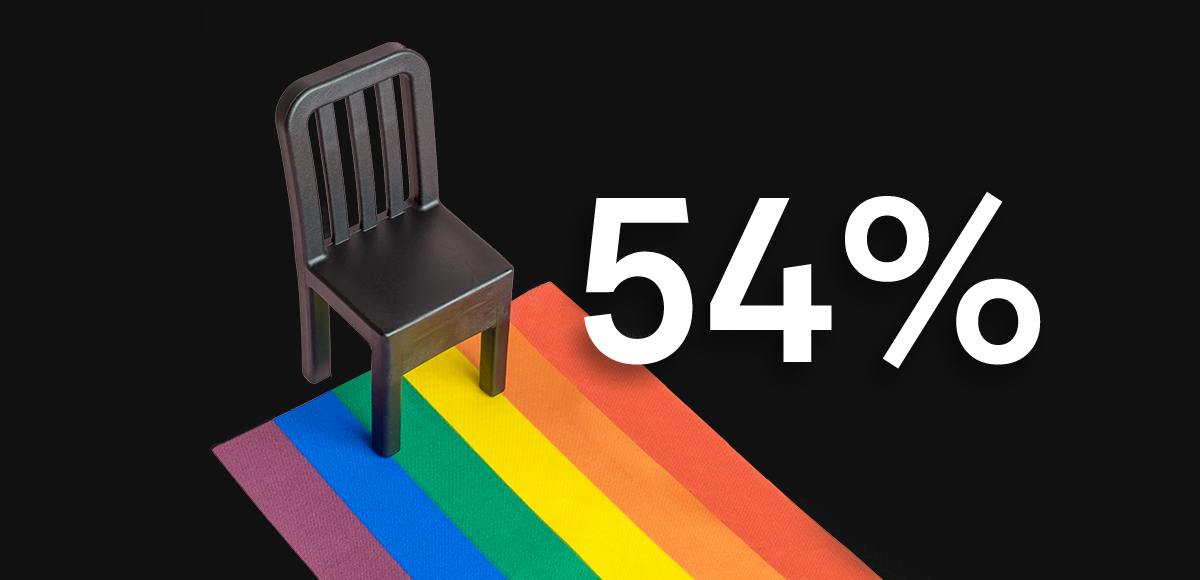Do I have social anxiety or am I just shy?
Raise your hand if you've ever thought Why did I say that? immediately after walking away from a conversation. The fear of being judged by others before, during, or after a social interaction is real, but most people can shake off an awkward moment on a first date or lingering nervousness from a high-stakes meeting. With social anxiety, or social anxiety disorder, those moments can wreck your whole day and kick off nonstop racing thoughts for weeks.
Maybe that feels relatable, but there's a lot more to the mental health condition than overthinking the last thing you said. Sure, most of us feel at least a little awkward in lots of social circumstances. And, of course, the more important the interaction—a job interview, meeting your partner's friends, pitching a new idea to your boss—the more on edge you might feel.
But if you spend a pretty significant amount of time freaking out about social interactions at work, school, or out with your friends, you might wonder whether something bigger, like social anxiety or social anxiety disorder, is at play. And it might be!
To help you sort through the difference between being shy or introverted and having social anxiety disorder, we asked mental health pros for the signs that help them spot this mental health condition. Plus, what to do if you're having a hard time.
What is social anxiety?
Social anxiety exists on a spectrum. On one end, you might feel very anxious about social situations occasionally. On the more intense end, that kind of anxiety could keep happening for months or even years, making a significant impact on your day-to-day functioning. If the latter is the case for you, you might meet the criteria for social anxiety disorder.
Technically, social anxiety disorder (also known as social phobia) is a mental health condition characterized by intense, overwhelming fear of everyday social interactions and situations, and those anxieties get in the way of living your life the way you want, according to the Diagnostic and Statistical Manual of Mental Disorders (DSM-5-TR).
Unlike shyness, which is a personality trait that might make you feel more reserved in social situations, social anxiety is a fear of doing something wrong in front of others that keeps you from being as outgoing as you want to be. "If somebody's shy, they might walk into a room and not feel the need to speak," says therapist Aimee Estrin, LMSW. "They're not walking into this room and feeling a sense of panic or anxiety."
Keep reading for 6 signs you have social anxiety disorder.







Nema komentara:
Objavi komentar